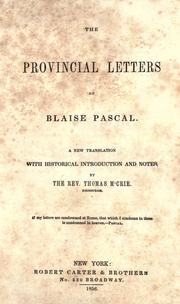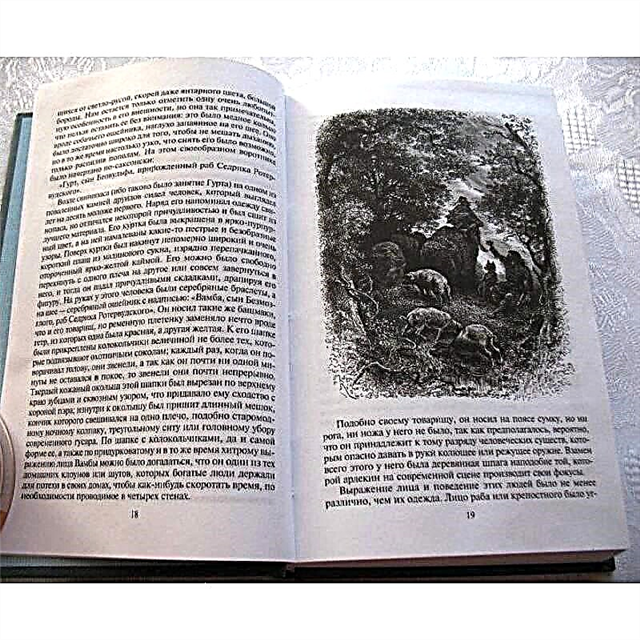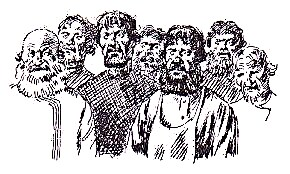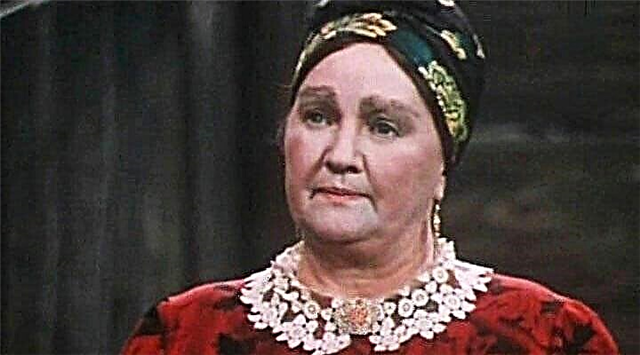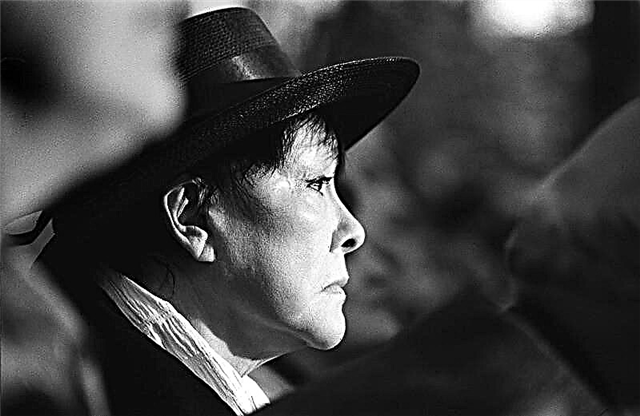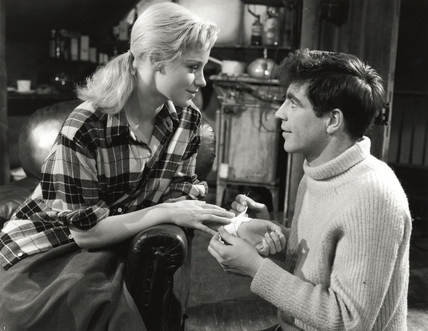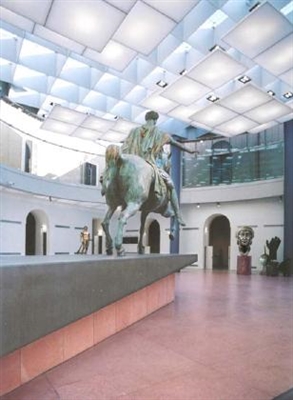An epic poem shifting the legend of Nala and Damayanti from the Mahabharata
In the middle of India, in the Vindhya Mountains, the country of Nishadha is located, and its ruler was the noble and generous king of Nala. Not far from Nishadha was another country - Vidarbha, and there, King Bhima had a daughter, Damayanti, a beauty who was equal neither among the gods nor among mortals. In the vicinity of Nala, the courtiers often praised the beauty of Damayanti, surrounded by Damayanti just as often praised the virtues of Nala, and the young people, having not yet met, fell in love. Once in the royal garden, Nala manages to catch a golden-headed goose, who promises, if Nala releases him, to fly to Vidarbha and tell Damayanti about his love. Nala releases the goose, and having fulfilled his promise, flies back to Nishadha and, to Nala's great joy, notifies him of Damayanti's reciprocal love.
When Damayanti entered a time of flourishing youth, King Bhima, at her request, appoints Swayamvara for her - the bride's free choice of bridegroom. Not only kings from all over the world, but also many celestials hurry to Svayamvara Damayanti, attracted by the rumor of her beauty and charms. On the way to Vidarbha, the king of the gods Indra, the fire god Agni, the lord of the waters of Varuna, and the god of death Yam, meet Nala and ask him to be their messenger, who would invite Damayanti to choose one of four of them as husbands. No matter how bitter Nale accepts such an assignment, out of a sense of reverence for the gods, he conscientiously fulfills it. However, Damayanti, after hearing the nishadha, consoles him with the admission that he is dearer to her than any god and she will choose only him as his bridegroom. Having penetrated the intentions of Damayanti, Indra, Agni, Varuna and Yama with divine vision, everyone takes the form of Nala on Damayanti, and Damayanti, since King Nishadhi himself stands next to the gods, you have to choose between the five Nalas. The heart tells her the right decision: she distinguishes the gods by their unblinking gaze, by the fading flower wreaths, by their dust-free legs not touching the ground, and resolutely points to the true Nala - in a withered wreath covered with dust and sweat. All the seekers of Damayanti's hand, both gods and kings, recognize her choice, praise the depth of her feelings, present rich gifts to the bride and groom; and only the evil spirit of Kali, who also appeared on svayamvara, is imbued with hatred for Nala and swears revenge on him. However, the story of Kali’s revenge: his invasion of Nala’s soul, the loss of the kingdom of Nala and everything that belongs to him, while playing dice, his madness and wandering in the woods, separation from Damayanti and reuniting with her only after many calamities and sufferings - the story, detailed in the Mahabharata, remains outside the framework of the poem of Srikharshi. Unlike the Mahabharata, it ends with a description of the solemn wedding of Nala and Damayanti and their happy love.

